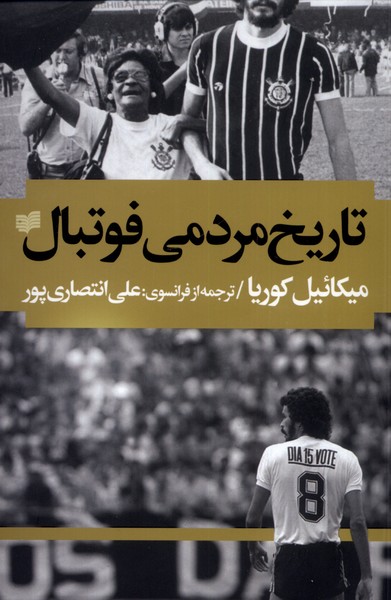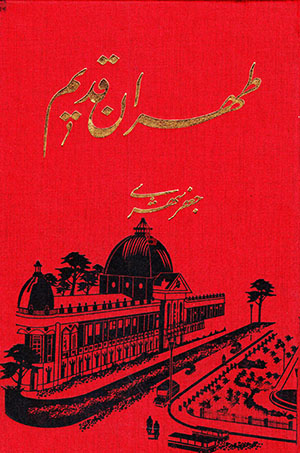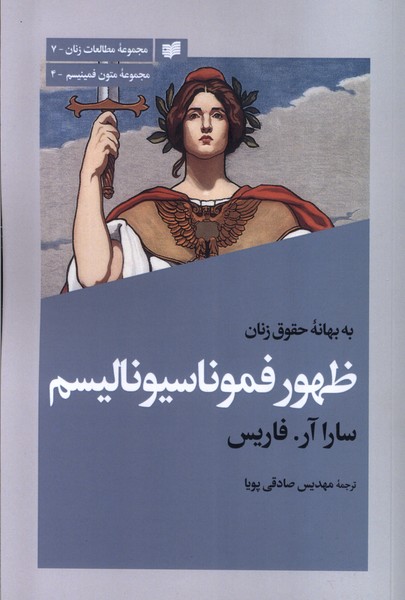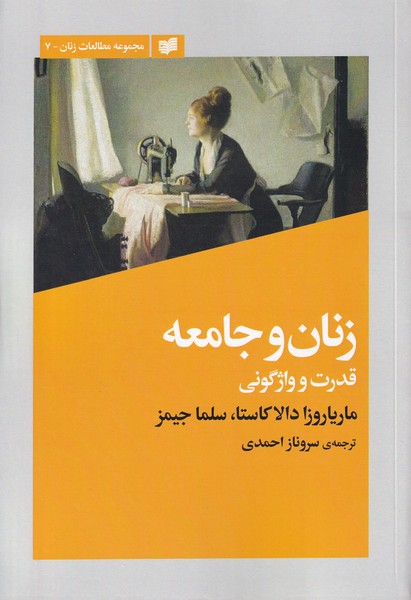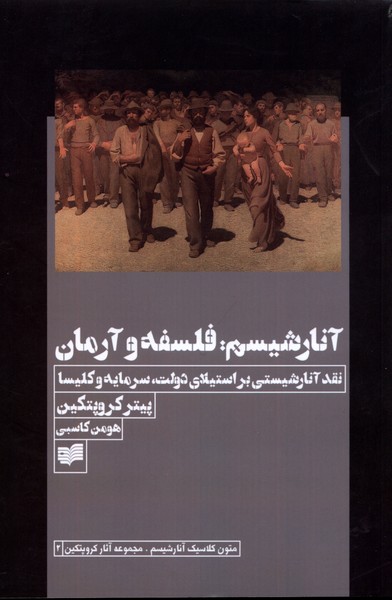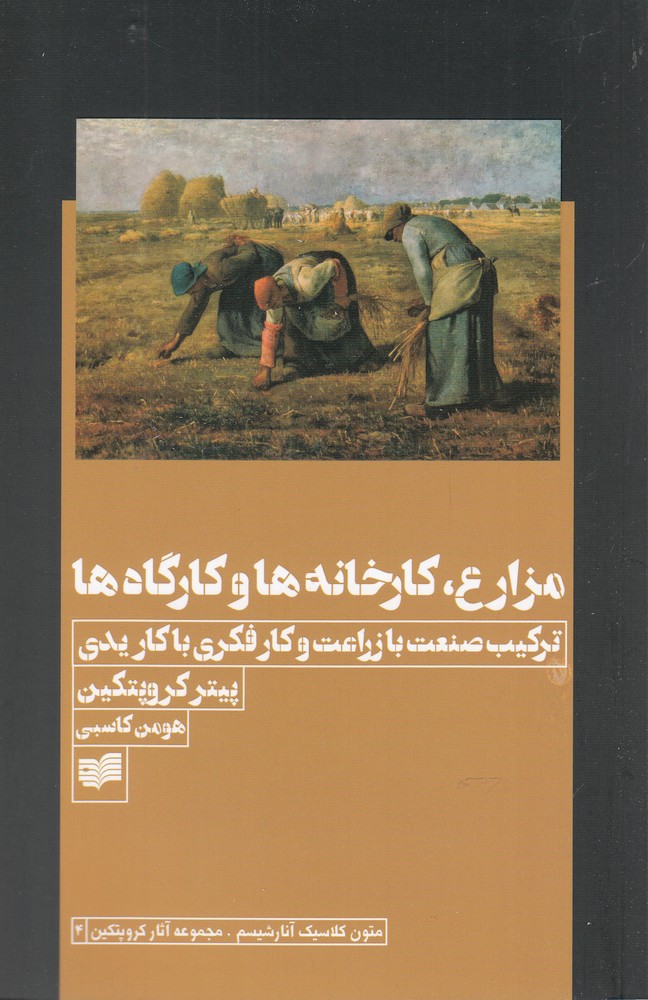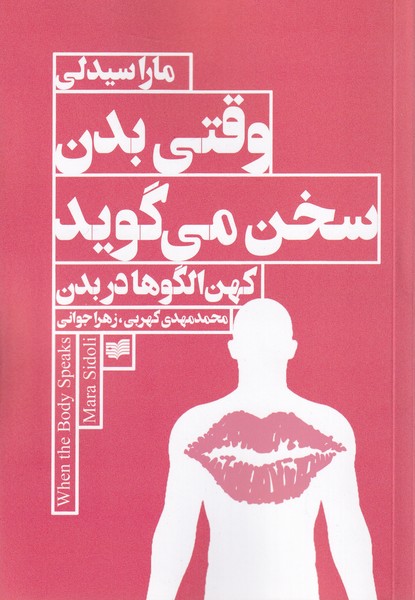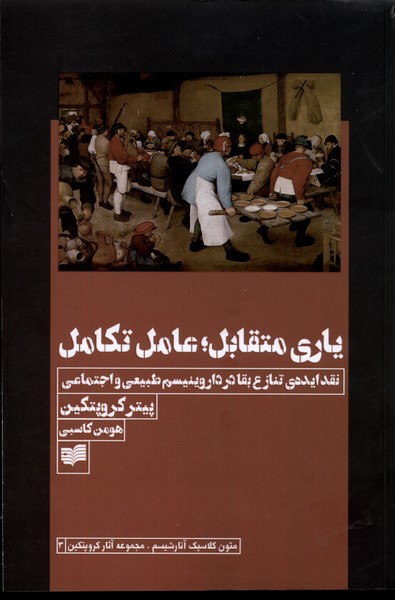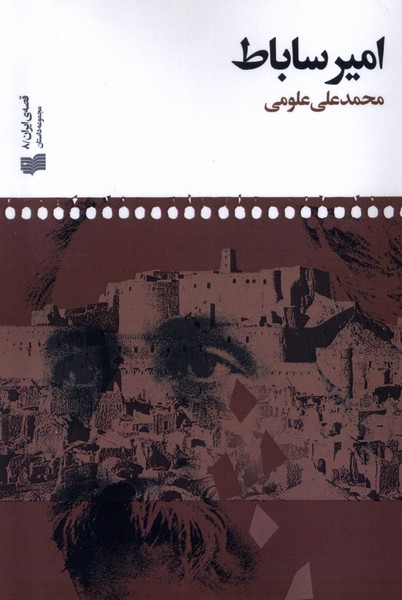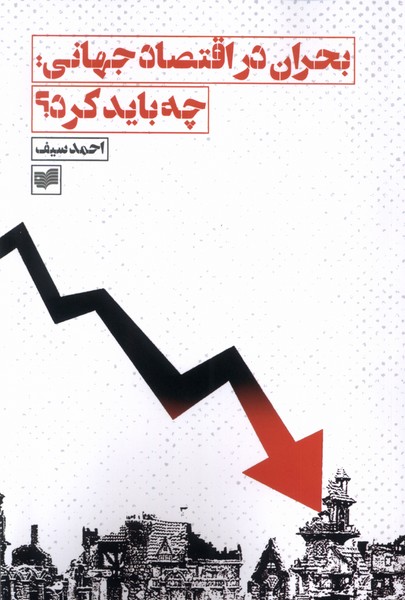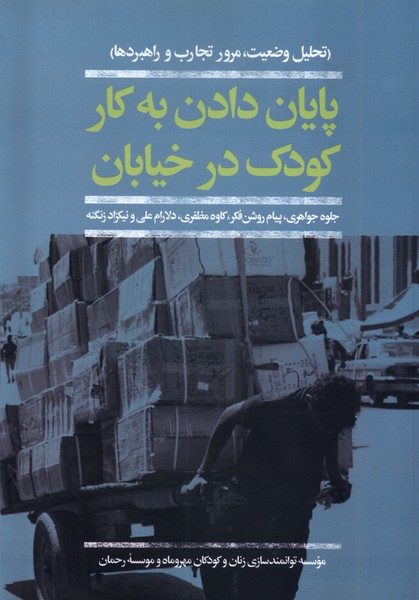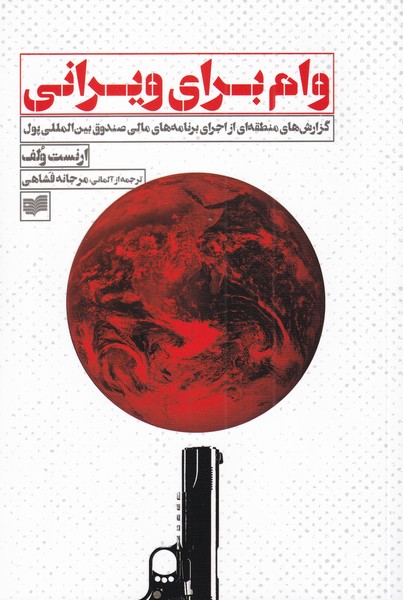tārīkh-i mardumī-yi fūtbāl: Persiska (Farsi) 1401
تاریخ مردمی فوتبال
19,43 £
Dela
Wishlist
Originaltitel:
Une histoire populaire du football
ISBN:
9786227797961
Översättare:
'alī Intiṣārī'pūr
Förlag:
Afkar
Åldersgrupp:
Vuxen
Sidor:
488
Vikt:
500 g
Produktmått:
14 x 21 x 4
,
4 cm
Bokomslag:
Kartongbok
There is a strange insistence on limiting the history of football at the moment of the formulation of its new rules in England in 1863, while football has a history in the heart of millennia and there are many books, documents, and letters from different centuries that are about football and the joys and sorrows surrounding it! Football, this strange group sport, with a large number of people, on a large field and with a round ball as the center, its history should not be in the entries and portals of the statistics and football history of the English Football Association or its World Federation (FIFA), but in the heart of people's history. He searched that in 1314 AD, "Nicolas de Farnadon", the ruler of the city of London, due to the concern of public minds and disrupting the social order, galloped them and banned football! The tortuous path of popular resistance in the form of football, like rituals to stand out from the ranks of rulers and those with money and power, has continued for many centuries in the corners of Europe, especially in Britain and France; In 1576 fourteen people were tried in Middlesex on the following charges: "unlawful assembly" and "holding a forbidden game called football; because it could raise such a tumult as to lead to murder and serious accidents” and two similar sentences in Manchester in the first decade of the 15th century criminalized people who “engaged in the unlawful entertainment of football in the streets”. The popular history of football is the history of those who Farnadon said about them: "May God protect us from them" just because the people caused "innumerable evil" by playing football at the moment when the king wanted silence! The book of "Michael Correa", a French left-wing writer and researcher, is on the same path, which is based on the movement between the unread and less-seen historical documents that have narrated the history of football, apart from the history of the people, from the beginning of the ages until today. The popular history of football has many parts, continuous and fragmented, which they wanted to hide from our eyes or include in another definition. Therefore, the World Cup of Workers' Football in 1932 and the announcement of his resistance against fascism have not been narrated before; That is why the importance of New Camp in Barcelona at the moment of the occurrence and power of General Franco's fascism has not been narrated; That is why they have always tried to inject you that "hooligans" and "ultras" are the bad guys of the story, even at the moment when they are resisting and fighting against the ruling order of capital, reaction and tyranny; That's why they didn't say that the clenched fists of Mardauna and Socrates were nothing more than fists clenched to hit a ball; That's why they haven't said why Zairi's "Ilonga Wampo", in the midst of everyone's amazement, kicked the ball that was planted for the Brazilians to shoot at the goal before the referee's whistle, so that everyone laughed at him and his people, not knowing that Mobutu, The dictator of Zaire has threatened them that they should not lose by more than three goals! People's history of football should be ready to face all this and much more. A book with unique, floating, and fluid components, about the anti-history of sports history, which has become an integral part of all liberation movements with its signature at the foot of the history of resistance and struggle, while we know well, football is a double-edged sword, for us and of course for They!
more
اصرار عجیبی وجود دارد به محدود کردن تاریخ فوتبال در لحظهی تدوین قوانین جدید آن در انگلستان 1863، درحالیکه فوتبال تاریخی در دل هزارهها دارد و کتابها و اسناد و نامههای بسیاری از سدههای مختلف بهجا مانده که موضوعشان فوتبال و خوشیها و مصائب پیرامون آن است! فوتبال، این ورزش گروهی عجیب، با تعداد نفرات زیاد، در زمینی بزرگ و با مرکزیت یک توپ گرد، تاریخش را نه در مدخلها و درگاههای آمار و تاریخ فوتبال اتحادیهی فوتبال انگلستان یا فدراسیون جهانی آن (فیفا)، بلکه در دل تاریخ مردمی باید جستوجو کرد که در 1314 میلادی، «نیکلاس دو فارنادون» حاکمشهر لندن به دلیل تشویش اذهان عمومی و برهم زدن نظم اجتماعی به آنها تاخت و فوتبال را ممنوع اعلام کرد! مسیر پرپیچوخم مقاومت مردمی در قامت فوتبال، همانند مناسکی برای بیرون ایستادن از صف حاکمان و صاحبان پول و قدرت، سدههای متمادی در گوشهگوشهی اروپا، به خاصه در بریتانیا و فرانسه ادامه داشته؛ در 1576 چهارده نفر در میدلسکس با این دلایل محاکمه شدند: «تجمع غیرقانونی» و «برگزاری بازی ممنوعی به نام فوتبال؛ به این دلیل که میتوانست چنان جنجالی به پا کند که به آدمکشی و حوادث جدی بینجامد» و دو حکم مشابه نیز در منچستر دههی اول قرن پانزدهم افرادی را مجرم میشناخت که «به سرگرمی غیر قانونی فوتبال در خیابانها پرداختند». تاریخ مردمی فوتبال، تاریخ آنهاست که فارنادون دربارهشان گفت: «باشد که خداوند ما را از آنها حفظ کند» آنهم فقط چون مردم در لحظهای که شاه سکوت میخواست، با فوتبال بازی کردنشان موجب «شرارت بیشمار» شدند! کتاب «میکائیل کوریا»، نویسنده و پژوهشگر چپگرای فرانسوی، در همین مسیر است که مبنایش را بر حرکت میان اوراق خوانده نشده و کمتر دیده شدهی تاریخی گذاشته که از دل اعصار تا همین امروز، تاریخ فوتبال را جدای از تاریخ مردم روایت کرده است. تاریخ مردمی فوتبال، نظر به قطعات بسیار، پیوسته و تکهتکهای دارد که خواستهاند از چشمهایمان پنهانشان کنند یا در تعریف دیگری بگنجانند. ازهمینروی جام جهانی فوتبال کارگری در 1932 و اعلام مقاومتش علیه فاشیسم پیش از این روایت نشده؛ ازهمینروست که چرایی اهمیت نیوکمپ بارسلون در لحظهی وقوع و قدرتنمایی فاشیسم ژنرال فرانکو روایت نشده؛ ازهمینروست که همواره سعی کردهاند به شما حقنه کنند که «هولیگانها» و «التراها» آدمبدهای ماجرایند آنهم درست در لحظهای که آنها علیه نظم حاکم سرمایه، ارتجاع و استبداد درحال مقاومت و مبارزهاند؛ ازهمینروست که نگفتهاند مشتهای گره کردهی مارداونا و سوکراتس، چیزی بیش از مشتهای گره کرده برای زدن یک گلند؛ ازهمینروست که نگفتهاند چرا «ایلونگا ومپو»ی زئیری، در میان حیرت همه، توپی را که کاشته شده بود تا برزیلیها به سمت دروازه شوت کنند را پیش از سوت داور به بیرون زد تا همه به او و مردمش بخندند، بیخبر از اینکه موبوتو، دیکتاتور زئیر، تهدیدشان کرده که نباید با اختلاف بیشتر از سه گل ببازند! تاریخ مردمی فوتبال را باید برای مواجهه با همهی اینها و بسیار بیشتر از اینها خواند. کتابی با اجزای بینظیر، شناور و سیال، دربارهی تاریخ ضد تاریخ ورزشی که با امضایش پای تاریخ مقاومت و مبارزه، به جزئی جداییناپذیر از همهی جنبشهای رهاییبخش تبدیل شده، درعین حال که خوب میدانیم، فوتبال تیغی دو لبه است، برای ما و البته برای آنها!
more

